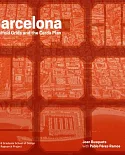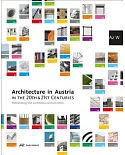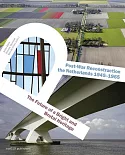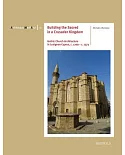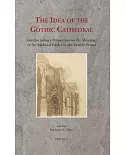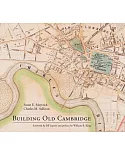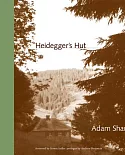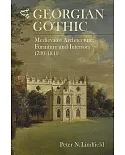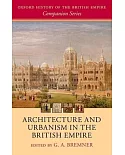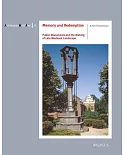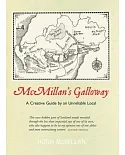This inaugural issue is devoted to studies of Taliesin I. Designed and constructed in 1911 upon Wright’s return to Wisconsin from Europe, Taliesin I burned in August 1914. It thus became
the most difficult Wright residence for Wright scholars to examine.
In this volume’s critical essays, Neil Levine offers a view of the different layers of meaning of Taliesin I; Scott Gartner explains the legend of the Welsh bard Taliesin and its meaning
for Wright; Anthony Alofsin considers the influence of the playwright Richard Hovey and the feminist Ellen Key on Wright’s and Cheney’s thought of the period; and Narciso G. Menocal
suggests that the Gilmore and O’Shea houses in Madison, Wisconsin, are a collective antecedent to Taliesin I.
To conclude the volume, Anthony Alofsin has written what amounts to a catalogue raisonné of the drawings and photographs of Taliesin I. Surprisingly, he finds no photographs of the living
area and argues that those that have been published are in fact of Taliesin II.


